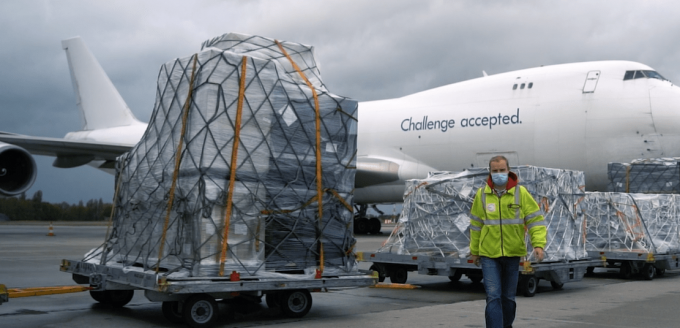BBC: Israel targets Iran's nuclear sites and military commanders in major attack
BBC reports: – Israel has carried out strikes on nuclear sites in Iran, the IDF has ...

When one monarch dies, another steps in seamlessly to take their place. And so it seems with Challenge Group. A conversation with Yossi Shoukroun, chief executive, is very reminiscent of the Volga-Dnepr Group: talk of end-to-end logistics; special and difficult verticals; various AOCs and airlines ...

Comment on this article